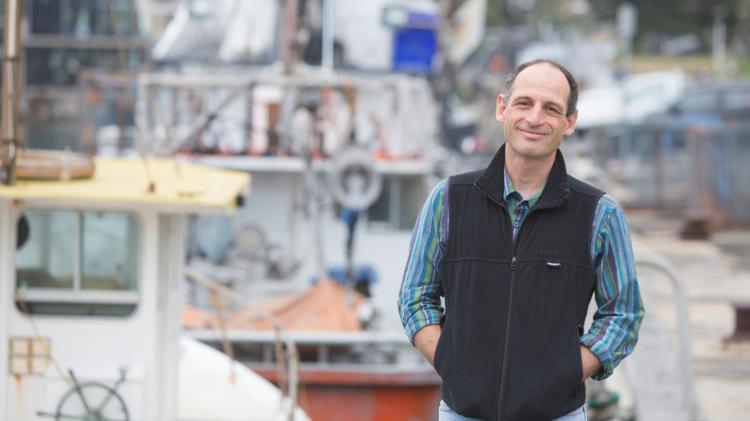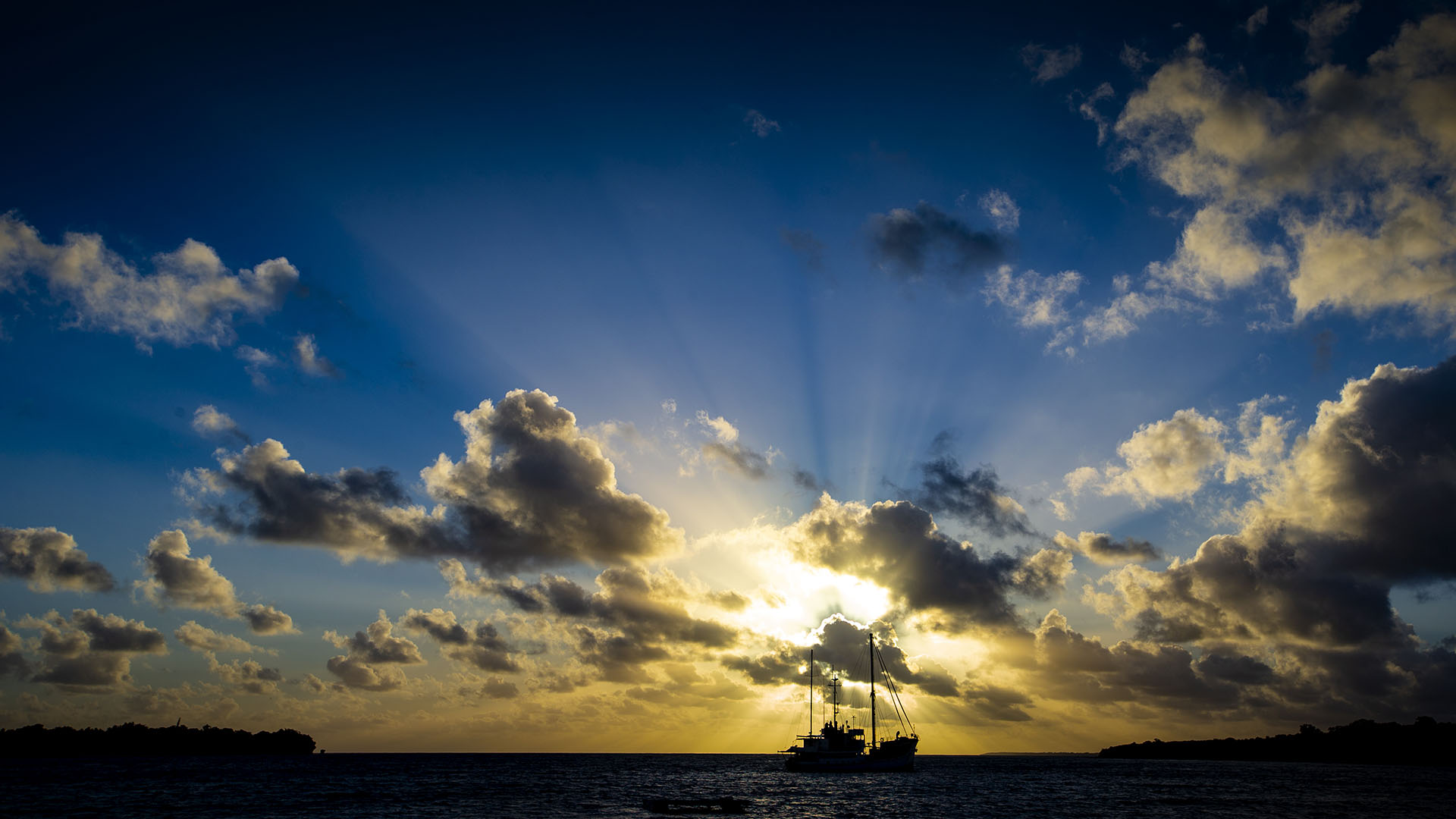October 29, 2021
Scientists call for an end to harmful fishing subsidies
Wild fisheries undermined by government payments that lead to overfishing and biodiversity degradation
The benefits of sustainably managed wild fisheries, which support food and nutritional security, livelihoods, and cultures, are being undermined by government payments that incentivise overcapacity and lead to overfishing, biodiversity degradation and loss, and CO2 emissions, the scientists argue.
Yet harmful fisheries subsidies are increasing globally.
The scientists, spanning 46 countries and 6 continents, urge WTO members to reach an agreement that eliminates harmful subsidies at their ministerial meeting in November.
An effective agreement must eliminate subsidies for fuel, distant-water and destructive fishing fleets, and illegal, unreported and unregulated vessels, they write.
Associate Professor Quentin Hanich and PhD candidate Dominique Benzaken from the Australian National Centre for Ocean Resources and Security (ANCORS) at the University of Wollongong helped draft the letter and are signatories.
Professor Hanich, an expert on Pacific Ocean governance, fisheries management and marine conservation who leads ANCORS’ Fisheries Governance Research Program, said it was a particularly important issue for Pacific island states.
“The World Trade Organisation began negotiations on fisheries subsidies in 2001 with a mandate to ‘clarify and improve’ existing WTO disciplines on fisheries subsidies,” Professor Hanich said.
“That mandate was further elaborated in 2005, including a call for prohibiting certain forms of fisheries subsidies that contribute to overcapacity and overfishing. In 2017, the Buenos Aires Eleventh Ministerial Conference adopted a work program to conclude the negotiations by aiming to adopt an agreement on fisheries subsidies that delivers on United Nations Sustainable Development Goals.
“Despite the work plan, still no agreement has been reached, and negotiations are continuing.

Associate Professor Quentin Hanich from the Australian National Centre for Ocean Resources and Security (ANCORS).
“Pacific small island developing states support many of the proposed measures to prohibit subsidies due to their negative impacts, particularly in regard to subsidies that inadvertently support overfishing and illegal, unreported and unregulated fishing. Fishing vessels from small island developing states also struggle to compete with subsidised fleets from developed countries.
“However, Pacific small island developing states simultaneously need the flexibility to use appropriate subsidies to achieve their own development aspirations and build their own fishing industry capacity.
“This is being addressed through a range of proposals on special and differential treatment for developing countries which are under consideration, including exemptions for Least Developed Countries. But the European Union and some other countries argue against such exemptions for developing states.”
The next negotiation is scheduled for the week of 29 November.
